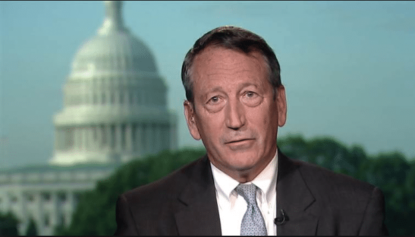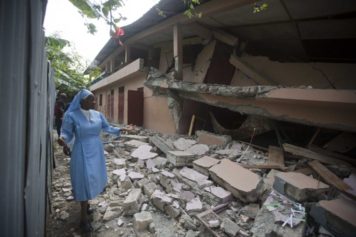BRIDGETOWN, Barbados — Former Jamaican Prime Minister P. J. Patterson blasted the decision by the United Nations to invoke “legal immunity” for rejecting compensation claims by some 5,000 Haitian victims of cholera.
“It is simply appalling, a most reprehensible behavior… for the U.N. to claim such immunity,” Patterson told the Jamaica Observer in a telephone interview.
“The more so when scientific evidence substantiates that the cholera epidemic was originally introduced in Haiti at the time by peace-keeping soldiers (from Nepal) under U.N. command,” Patterson said.
Patterson, who has often served as special adviser to the Caribbean Community (CARICOM) on developments and events in Haiti, was responding to concerns over the prevailing silence by CARICOM’s 15-members over the U.N.’s stance.
He said he was aware of the current presence in Haiti of former U.S. President Bill Clinton, who is the U.N.’s special representative to the CARICOM state.
However, Patterson said he would not suggest what position either Clinton or CARICOM should adopt about the U.N.’s claim of immunity, which is seen by some as an excuse to avoid using resources and influence to appropriately respond to the compensation claims by thousands of Haitian cholera victims and their families.
While neither Haitian President Michel Martelly nor the CARICOM secretariat have yet to make public a response to the U.N., Patterson questioned whether its “very disgusting” position could stand up to the impartial judgement of an international court.
The claims were officially filed five months ago by a Boston-based human rights organization, Institute for Democracy. It was not until after the conclusion last month of CARICOM’s inter-sessional meeting of heads of government that U.N. Secretary General Ban Ki-Moon telephoned Martelly to inform him of the rejection of the compensation claims, based on legal immunity.
Martelly, the current chairman of CARICOM, presided over the first-ever summit meeting in Haiti that took place on February 18-19, which U.N. officials within the Caribbean would have been aware.


